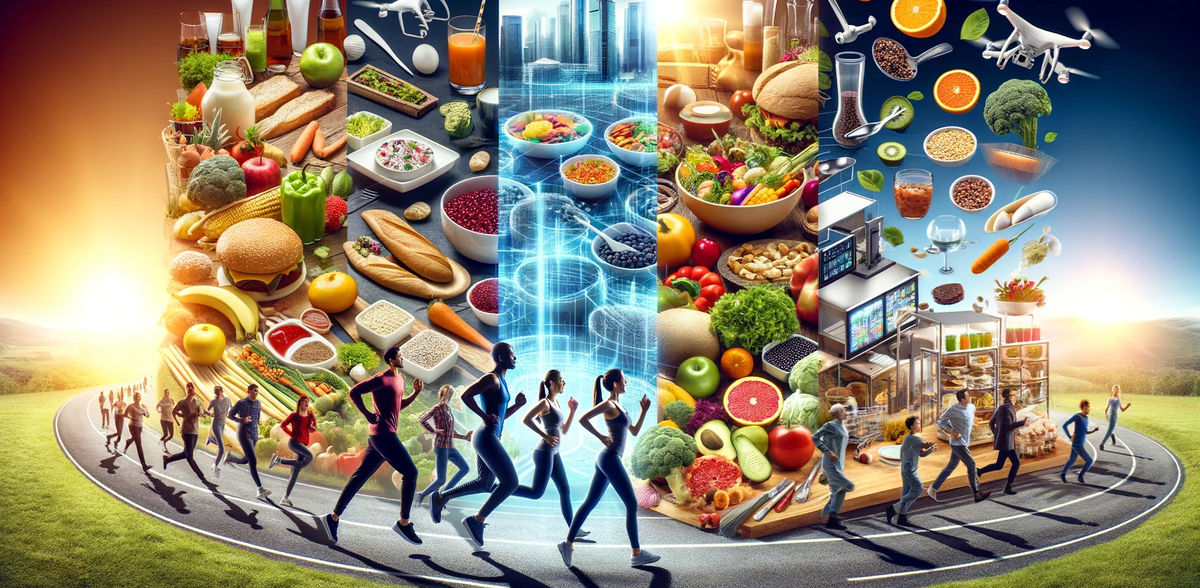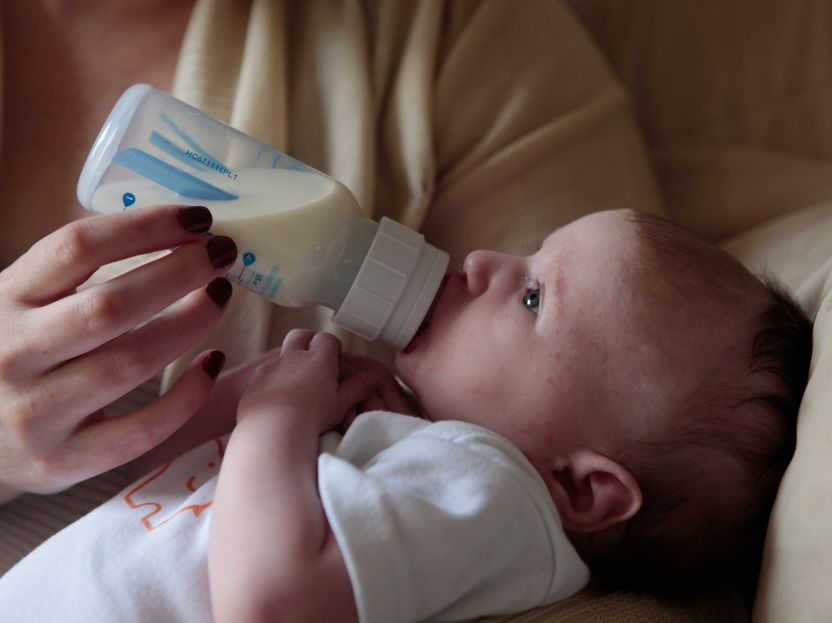Global food and beverage trends for 2024
Advertisement
Which three trends will permanently change the global food and beverage industry in the coming years? In the new trend report, Mintel predicts that by 2024, companies will help consumers live longer, healthier lives, balance health and pleasure, and take advantage of the new conveniences of technology.
Trust in the process
Consumers need clear communication so they can make informed choices about how to incorporate processed and highly processed foods and beverages into their diets.
A new definition of ageing
Healthy ageing is being redefined. Existing stigmas are being refuted and the focus is on consumers living longer, healthier lives.
Optimizing our nutrition
Technology is ushering in a new era of convenience where meal planning, shopping and cooking are optimized to the max.
Jenny Zegler, Director, Mintel Food & Drink, shows how food and beverage companies can help consumers balance health and pleasure, prepare for a longer, healthier life and take advantage of the new conveniences of technology:
Trust in the process
"Consumers are becoming increasingly critical of the manufacturing processes in the food and beverage industry. The production of highly, overly or highly processed foods is being discussed in public, and consumers are scrutinizing ingredients, nutritional values and production methods more and more closely. With a growing awareness of different levels of processing, there will be huge growth potential for minimally processed foods and beverages that focus on the positive aspects of food processing techniques, such as those that increase nutritional value, prevent the formation of contaminants or improve sustainability. Companies offering minimally processed products should provide information on how processing improves their products, for example by increasing nutritional value, extending shelf life or reducing environmental impact. Companies producing highly processed foods and beverages, on the other hand, will need to remind consumers of the pleasure and convenience these products give them. In the coming years, there will also be growing interest in less processed foods and beverages made from upcycled ingredients that are rich in vitamins, minerals, fiber, protein and other nutrients."
A new definition of ageing
"Generation X consumers (born between 1965 and 1979) are pioneering a new concept of healthy ageing. They rely on products that help them to live their diverse lifestyles well today and in the decades to come. Consumers who are 40 and older account for the largest share of food and beverage spending in many markets around the world. That's why companies should not ignore this forgotten generation. Following the example of the 'menopause revolution', companies should consider the different nutritional, physical, mental and emotional health needs of consumers and develop innovative products and formulations for areas such as cardiovascular health, brain health and stress. In this way, they can contribute to healthy ageing by ensuring that nutrient-rich foods and beverages are affordable, accessible and convenient for all active agers. Consumers will appreciate the companies that help them care for multiple generations of family members and take at least some of the stress off their shoulders. Companies that offer practical products and helpful tools for caregivers and care recipients will win out."
Optimizing our nutrition
"Convenience has always been an evolving concept, but the coronavirus pandemic has further intensified the desire for faster availability of high-quality food and beverages in everyday life. Technologies such as AI and AR will help consumers find the right balance between those moments when they want to create truly innovative and appealing dishes, drinks and snacks, and those moments when they can put meal planning, shopping, cooking and even eating on autopilot. AI, AR and other technological tools will become indispensable time savers in the kitchen. For retailers, this will materialize in the form of real-time shopping aids. Push notifications, personalized alerts and artificial intelligence to help consumers find ingredients or products in-store, on-the-go or when shopping online will then become part of everyday life. Location data could open up new opportunities for customized vending machine offerings that address needs within a community, such as the desire for quick, hot meals on a university campus."
Note: This article has been translated using a computer system without human intervention. LUMITOS offers these automatic translations to present a wider range of current news. Since this article has been translated with automatic translation, it is possible that it contains errors in vocabulary, syntax or grammar. The original article in German can be found here.
Other news from the department business & finance
Most read news
More news from our other portals
See the theme worlds for related content
Artificial intelligence (AI) for food and beverages
Artificial intelligence (AI) is optimizing the food and beverage industry through automated quality control and more accurate demand forecasting. AI plays a particularly important role in product development by analyzing taste preferences and market trends. This allows new products to be developed that are better tailored to consumer needs, increasing efficiency and customer satisfaction.

Artificial intelligence (AI) for food and beverages
Artificial intelligence (AI) is optimizing the food and beverage industry through automated quality control and more accurate demand forecasting. AI plays a particularly important role in product development by analyzing taste preferences and market trends. This allows new products to be developed that are better tailored to consumer needs, increasing efficiency and customer satisfaction.


































































